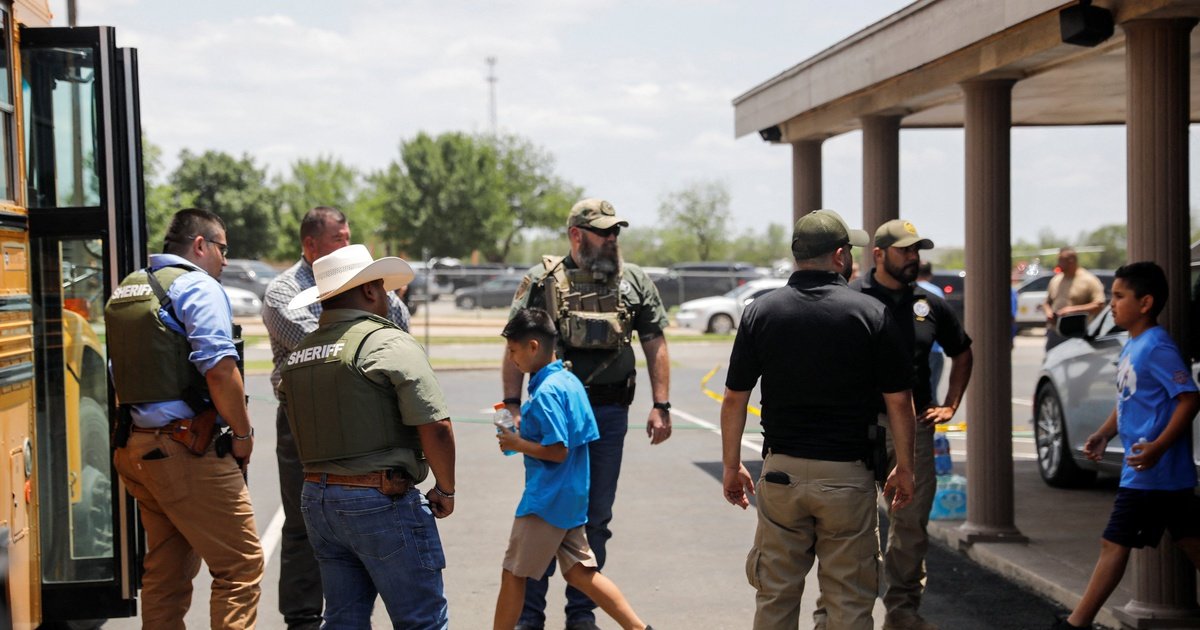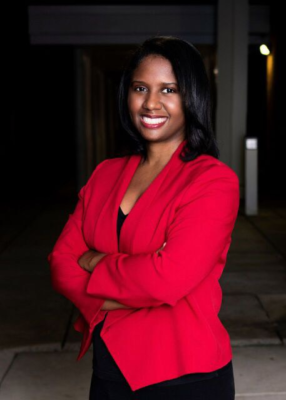What Virginia changed since the last high-profile school shooting
After the 2018 mass shooting at a high school in Parkland, Fla., former Virginia House of Delegates Speaker Kirk Cox announced he was setting up a rare select committee to look at school safety. The one topic it wouldn’t cover, the former Republican leader said, was guns.
In response, three Democratic lawmakers appointed to the committee released a list of 13 policy proposals they described as a comprehensive approach to school shootings, covering mental health support, school infrastructure and security and, despite Cox’s directive, restricting access to guns.
Four years later, as the nation mourns last month’s mass shooting at a Texas elementary school, many of the policies outlined in the Democratic memo and the bipartisan committee’s final report have been achieved or advanced.
“I think it’s largely a story of successful policy implementation,” said Del. Schuyler VanValkenburg, D-Henrico, a high-school government and history teacher who was one of the three Democratic legislators behind the 2018 school safety memo.
Since 2020, the state has had a red flag law allowing guns to be temporarily seized from people believed to pose a threat to themselves or others. That same year, the Democratic-led General Assembly passed tougher penalties for adults who fail to report a lost or stolen gun or leave loaded firearms where young children can get them.
Those changes came after Cox, who said bringing guns into the equation would overly politicize the committee’s work, lost his majority and the speaker’s gavel in the 2019 elections. But other steps have been bipartisan.
There’s been a multi-year effort to boost counselors and other mental health staffers in schools, including a bill passed this year to address shortages by allowing more types of counselors, social workers and psychologists to work in schools without a school-specific license. That flexibility is meant to help school divisions struggling to find counselors as they try to meet a stricter staffing ratio requiring the equivalent of one full-time counselor for every 325 students in K-12 schools.
Proponents say the benefits of more counselors goes well beyond concerns about school shootings, helping students with a wide variety of needs who may still be struggling with the effects of pandemic-related disruptions and shutdowns.
“I started this process in 2020. That was before COVID,” Del. Tony Wilt, R-Rockingham, said as he presented the flexibility bill earlier this year. “Every one of us knows what our schools are facing and the needs there.”
The legislature doubled the size of an annual grant fund meant to help local schools buy security equipment, allocating $12 million per year for items like surveillance cameras, radios, door locks and security vestibules.
House Speaker Todd Gilbert, R-Shenandoah, said the 2018 committee he served on produced some “real and meaningful reforms.”
“I think we made pretty significant strides in terms of providing additional school counselors and addressing mental health issues to try to get ahead of these potential tragedies,” said House Speaker Todd Gilbert, R-Shenandoah. “We did a significant amount to help harden these targets to make them safer places and be more secure and have more not only physical infrastructure but security personnel in place.”
The state also boosted funding for school resource officers, sworn law enforcement personnel assigned to school buildings, adding to a 2017, Republican-backed law that allowed retired police officers to work as armed school security guards.
The state tweaked its SRO laws, VanValkenburg noted, to modernize agreements between schools and law enforcement about what officers should and shouldn’t handle in school buildings and require better tracking of use of force against students.
The recently approved budget deal included $27.2 million per year for school resource officer incentive grants, a big increase over the $4.7 million per year proposed by former Gov. Ralph Northam.
When asked earlier this month for his response to the Uvalde massacre, Gov. Glenn Youngkin dismissed what he called “a lot of politics around this from both ends” and recapped what his administration has prioritized for schools.
“The first thing that we did was make sure that local school boards and local law enforcement were collaborating and communicating immediately, so that if some God forbid copycat criminal decided to try to replicate this, we would be prepared,” Youngkin said.
He pointed to the extra money for school resource officers and a bill he already signed requiring school leaders to collaborate with law enforcement when conducting annual school safety audits overseen by the Virginia Center for School and Campus Safety.
“Our job is to make sure that when a parent puts their child on a school bus or drops them off at school, that they come home at the end of the day just as safe as they were when they dropped them off,” Youngkin said.
Lori Haas, Virginia director of the Coalition to Stop Gun Violence, said she’d like to see a fresh look at the threat assessment teams K-12 school divisions and higher-ed institutions are required to have, a law that came in response to earlier school shootings.
Some Democratic lawmakers have called for immediate consideration of a bill banning assault weapons, a highly unlikely prospect given pro-gun rights Republicans’ renewed power in Richmond.
Even when Democrats had full control of the General Assembly and the governor’s mansion, Republicans note, they couldn’t come to consensus within their own party on an assault weapon ban. Former Gov. Terry McAuliffe campaigned on an assault weapon ban last year, but a slim majority of Virginia voters picked Youngkin instead. Republicans also retook control of the House, seemingly ending the possibility of any more gun-control bills passing in the near future. But with the Senate still in Democratic control, the GOP, for at least another year, seems to lack the power to repeal any of the stricter gun laws Democrats approved two years ago.
An assault weapon ban passed the House of Delegates in 2020 but failed in the Senate after moderate Democrats raised concerns about the difficulties of defining what specific types of rifles to ban and questions over what to do about all the military-style rifles Virginians have already legally purchased.
There was little talk two years ago of simply raising the purchase age for assault weapons from 18 to 21, a proposal getting renewed attention nationally after back-to-back mass shootings allegedly committed by 18-year-olds.
Despite the state’s newly tightened gun laws, the state’s murder rate hit a two-decade high in 2020, and officials throughout the state have raised concerns about what they’ve called alarming levels of gun violence, often involving strikingly young perpetrators and victims. To try to address more common types of shootings, the General Assembly recently budgeted $13 million for law enforcement initiatives and community outreach programs meant to deter shootings.
(Editor’s Note: This article was edited and republished with permission by the Virginia Mercury.)


